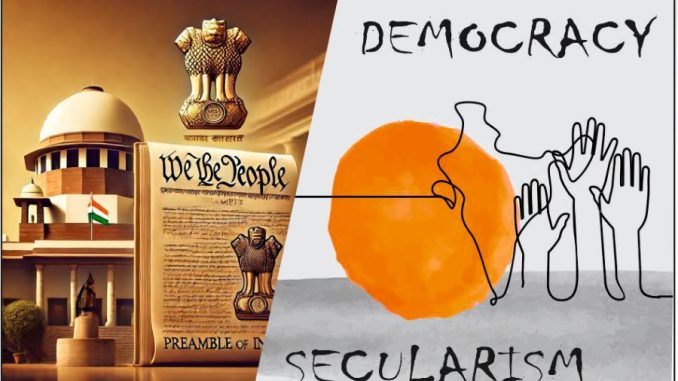
The modern Middle East has not been entirely unfamiliar with secularism, but its shortcomings have fueled the rise of political Islam. A century ago, it was widely accepted in the region that progress and modernisation should be achieved through secularism. However, secularism in the region became entangled with corruption, dictatorship, and religious suppression rather than promoting freedom, particularly religious freedom. Additionally, state nationalism in these countries often leaned towards right-wing or ultra-right ideologies. This troubling trend could resurface. Although many recent reports suggest a shift towards secularism in the Middle East, there are also significant signs of a drift towards authoritarianism among the secular opposition to current regimes, as well as within existing regimes. Therefore, it is not surprising that secular absolute dictatorships could reemerge during the post-Islamism era in the Middle East.
The primary challenge is that this newly emerged secularism is occurring alongside the rise of ultra-right ideas, characterised by a noticeable inclination towards “strong governance and national unity.” The existence of a secular system alone is insufficient; it would be dangerous if aligned with authoritarianism.
The risk of returning to a secular authoritarian system, reminiscent of the Ataturk era, is significant in Turkey. The current Turkish government is a coalition between the Islamic AKP and the ultra-right MHP, which promotes a strong pan-Turkism agenda. This policy has led Turkey to engage in regional conflicts, spanning from Iraq and Syria to Azerbaijan and Cyprus. A concerning aspect is that the Turkish public supports this policy, and the limited democratic opposition heightens the likelihood of a regression to a state akin to a hundred years ago in Turkey. The same trend is observed in Syria.While in Turkey, a ruling Islamic political party has allied with an ultra-right nationalist party, almost a similar process is underway in Israel, with a slight difference: a secular ruling political party is in a coalition with ultra-right religious parties, a process of de-secularisation or regionalisation of Israeli politics. Of course, the same process had started on the Palestinian side.
The parties to the conflict in the Middle East have now interpreted their actions mostly in religious terms rather than in national interests or ‘the people’s interests’, while ignoring all fundamental human rights. These processes have proved to be counterproductive for both sides of the conflict. What makes the situation worse is the fact that today, the Left is incoherent in both Palestinian and Israeli politics. It must rise again and play its historic role of peacebuilding. Thus, the positive effects of Kurdish democratic secularism and its leftist potentials, which have already influenced the political landscape in Iraq and Syria, can similarly shape future developments in the Israel-Palestinian conflict as well, especially after the lose-lose results, following the 7th October war.

Be the first to comment